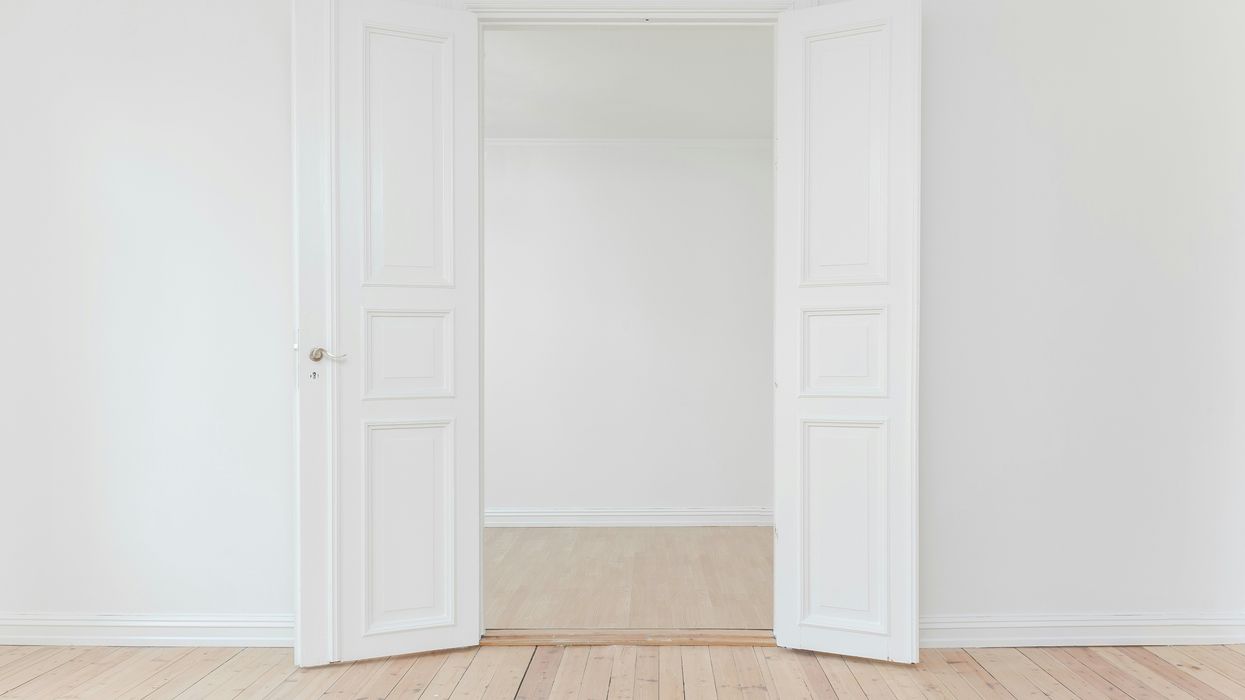In April, over 160,000 Toronto homeowners received notice that they owed the City thousands of dollars under the Vacant Home Tax — many of them, while sitting in homes that were very much occupied.
Following strong backlash from residents and an arduous refunding process that backtracked on over 100,000 charges for the 2023 taxation year, the City of Toronto announced, this morning, a series of updates to its Vacant Home Tax (VHT) program in the wake of the disastrous rollout.
It's still not entirely clear how so many were wrongly billed, but in April, Toronto’s Budget Chief Shelley Carroll said that “many residents have received a Vacant Home Tax bill despite having filed the declaration on time” and that “it seems this happened to people who filed the declaration on time but after property tax bills had been issued.” Others simply chalked it up to poor communication on the City's part, which led to many residents not knowing they had to submit their declarations every year.
As a result, the program — meant to incentivize vacant homeowners to sell and source funding for new housing initiatives — has been revamped to avoid another taxation tragedy.
First off, the declaration period has been extended to November 1 to April 30, 2025, up from February 29 to April 30, with the idea being to give residents more time to submit and to line up the deadline with the end of tax season. They're also making it easier to declare your home's status by introducing a "user-friendly portal" to be launched November 1, 2024.
In the name of tackling poor communication accusations, the City has also made confirming declaration more inclusive by introducing email, phone, and even print confirmation numbers for those without access to a printer or who struggle with technology. Additionally, a dedicated customer care centre will open starting this November for those who wish to declare by phone, and homeowners will be able to declare in person at Tax and Utility counters located at Toronto City Hall and the civic centres.
To help remedy April's failure, the City has said late declaration fees for the 2023 year will remain waived, granting homeowners some breathing room. Even so, they warn that the fee "may be reinstated in future years as the City does further evaluation of the success of the VHT program redesign."
Finally, the City plans to be more fastidious moving forward by using a more "data-driven approach" for issuing VHT bills. To keep wrongfully issued bills to a minimum, the City's CFO will be able to delay sending bills "if the overall declaration rate falls short of expectations."
While the program updates demonstrate the City's desire to make amends for the stressful situation this spring, we won't know how effective the changes are until the next bill mailout, planned for June 1, 2025.
Some councillors have criticized the tax, including Councillor Jamaal Myers (Ward 23, Scarborough North), who told STOREYS that "While these changes are welcome, as I stated back in March, I firmly believe there’s a more efficient process to identify vacant homes by examining usage rates of water, electricity, and so on. This would reduce the administrative burden on residents to self-declare and allow staff to focus on identifying homes that are actually or potentially vacant as opposed to administering a city-wide program for over 900,000 homes in Toronto." Though Myers does say he's "pleased" with the changes and that "other jurisdictions have shown that [VHTs] are an effective policy tool to increase housing supply."
- Ontario Budget Hints At More Vacant Home Taxes, Attainable Housing ›
- “Cumbersome”: Toronto’s Vacant Home Tax Mishap Draws Criticism Over Declaration Process ›
- Toronto Due For Vacant Home Tax Shake-Up After City Backtracks On Over 100,000 Charges ›
- Toronto Vacant Home Tax Declarations Are Due Tomorrow ›





















